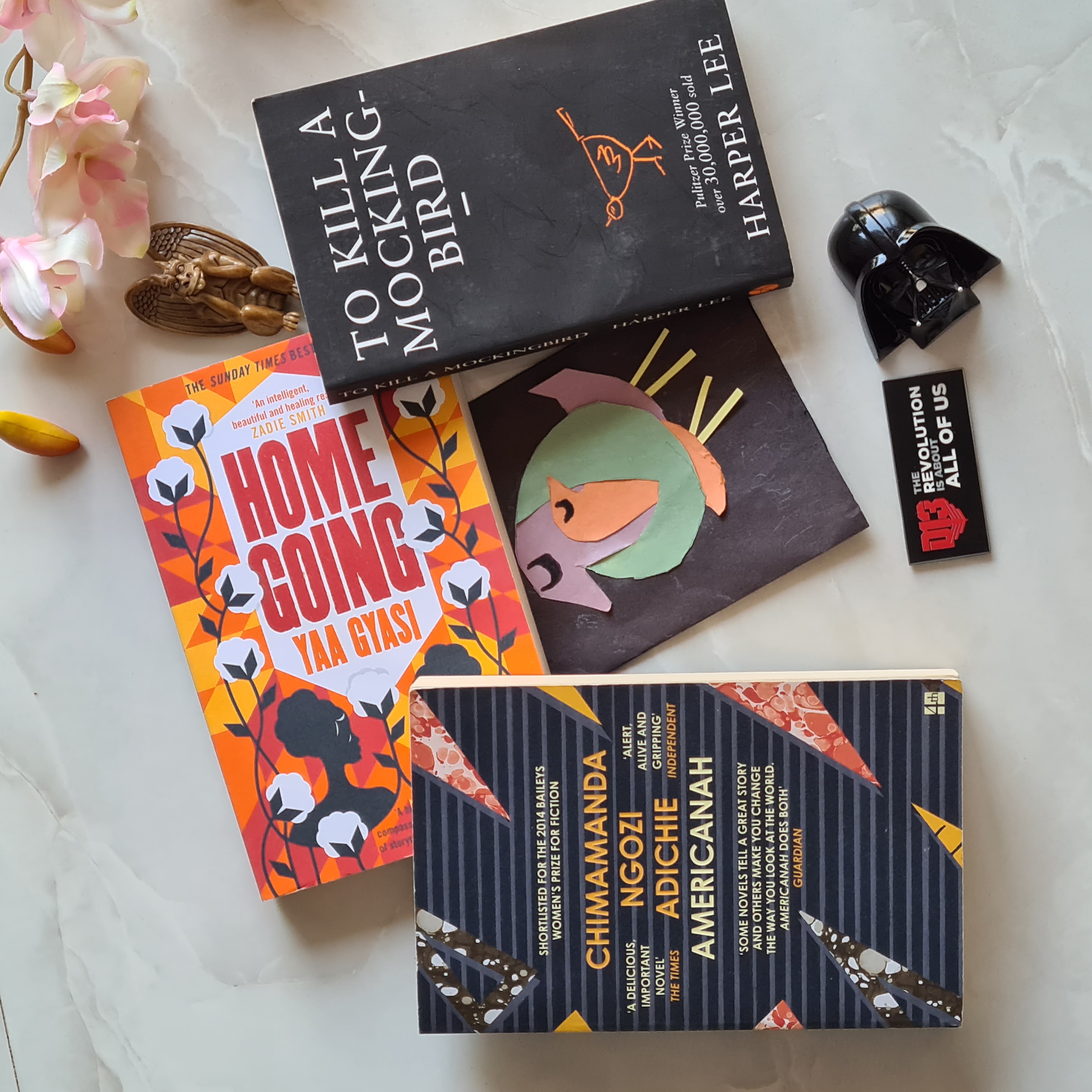Racism: Of Dark And Light
Harper Lee wrote To Kill A Mockingbird in 1960. Since then, the world has changed beyond recognition for almost everyone. In the last 60 years, man has made progress in every conceivable walk of life. Be it science, technology, arts, religion, geography, or anything else you can think of, we have changed the world. What hasn’t changed in these 60 years, is the way the world treats the Tom Robinsons of the world. Racism is still a constant.
The world has always been divided on the basis of colour. How many places do you know of where dark skinned people are superior to their light skinned counterparts?
Coming from South Asia, I can tell you about our obsession with light skin. I can tell you that despite being discriminated against and being called derogatory names ourselves, we still look down upon black people as someone inferior and unworthy. We believe that we’re inferior to our white masters, but there are people who are beneath even us. These people just happen to have darker colored skin.
In school, when we learned about the history of the Indo-Pakistan subcontinent, the first chapter was about two main races. The Aryans and the Dravidians. The Aryans were bigger, stronger, and whiter than the Dravidians who were the worker class, weaker socio-economically and physically, and darker in colour. We grew up reading about this superior race who achieved greater heights than their counterparts. Is it any wonder then, that our sub-conscience still wants to be like these great invaders?
When that part of history ended, we read about the horror unleashed by the British who came to subjugate the darker skinned Indians. Yet, reading about the great British masters only made the already complexed people of the subcontinent want to be like them in every way that they could. We have always looked up to the “goras” (whites), and tried to follow in their footsteps, clinging on to their ways long after they left our land.
Racism is a part of us since we are born; our prejudices passed on to us through generations. The names my own relatives call black people appall me to this day! But since I never called anyone out on it, I cannot claim to be so innocent myself. People still ridicule dark-skinned girls and call them “kaali” (black) in our culture. Many of them have ruined their skins trying to become just 2 shades lighter. Despite living in a so called “enlightened” society, one of my kids gets preferential treatment even from strangers because he has light skin, light hair, and light eyes.
We can scream and shout all we want, but the truth remains that we are all racists in one form or another, and no matter how hard we try, we can never understand how the people at the bottom of the racist color spectrum feel. Because we might not have shunned them actively, but we have been guilty of feigning ignorance when others did it. Today, as the world is awakening to the plight of black people, it is imperative to look within ourselves and weed out even traces of racism, of thoughts that make us think that we are better than someone because of our skin.
Being a Muslim, one of the first things we learn as children, is that all people are equal, regardless of their nationality, ethnicity or skin color. After learning this, how can we ever justify the racism inherent in all of us? Stop making fun of something that no man has control over; don’t bring people down because of their looks; stop making it okay for people to be derogatory about other people; don’t be insensitive to other people’s insecurities.
The change needs to come from within.

